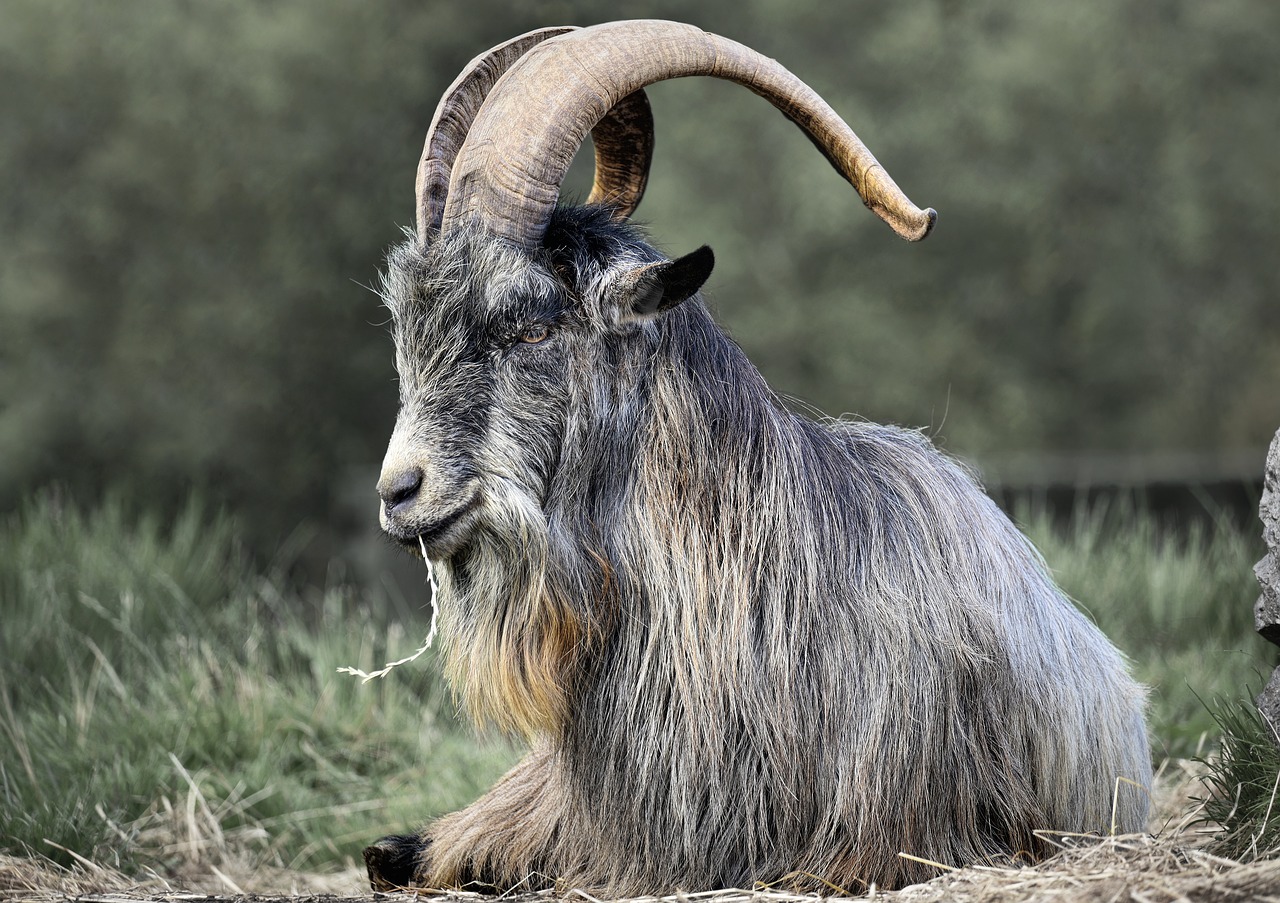In Irish folklore, Bodb Derg, also known as Bodhbh Dearg, stands out as a significant figure, being either the son of Eochaid Garb or the Dagda himself, and later taking on the mantle as King of the Tuatha Dé Danann. His name, potentially stemming from a cognate of “bádhbh,” translates to “Red Crow,” showcasing a connection to the crow, a meaningful symbol in Irish mythology. The Old Irish practice of scribal fluidity allowed for the female character, Badb, to be referenced by the name Bodb at times.
Mythological Context
Bodb plays a key role in the tale “Aislinge Óenguso,” where he assists his brother Aengus in locating the woman he desires—Caer Ibormeith—while serving as king of the Munster síde. His position as king is further solidified after the Tuatha Dé Danann suffer defeat at the battle of Tailtiu; during the subsequent narrative known as “Children of Lir,” he is recognized as king as the Tuatha Dé retreat into the síde. His status is largely attributed to being the Dagda’s eldest son, and despite some rivalry, all but Lir acknowledge Bodb’s claim to the throne. Lir, however, refuses Bodb’s authority and is not punished at Bodb’s urging. To appease Lir, Bodb later offers two of his daughters in marriage, yet these unions end in sadness.
In some adaptations of the narrative, Manannan is noted alongside Bodb Derg as a high king when the Tuatha Dé Danann migrate underground. Manannan, dubbed the “chief of the kings,” allocates the sidhe mounds to the Tuatha Dé, symbolizing a distribution of power.
In his capacity as king over the Munster síde, Bodb Sída ar Femen is pivotal in an essential story that precedes Táin Bó Cuailnge; it involves a conflict arising from a quarrel between his swineherd and that of the Connacht king. This discord leads to unique transformations where the swineherds are consumed and reborn as the magical bulls Donn Cuailnge and Finnbennach, the latter of which plays a central role in the cattle raid.
Bodb’s contributions extend to the Fenian legends, notably as he leads the Tuatha Dé Danann in support of the Fianna during the Battle of Ventry.



